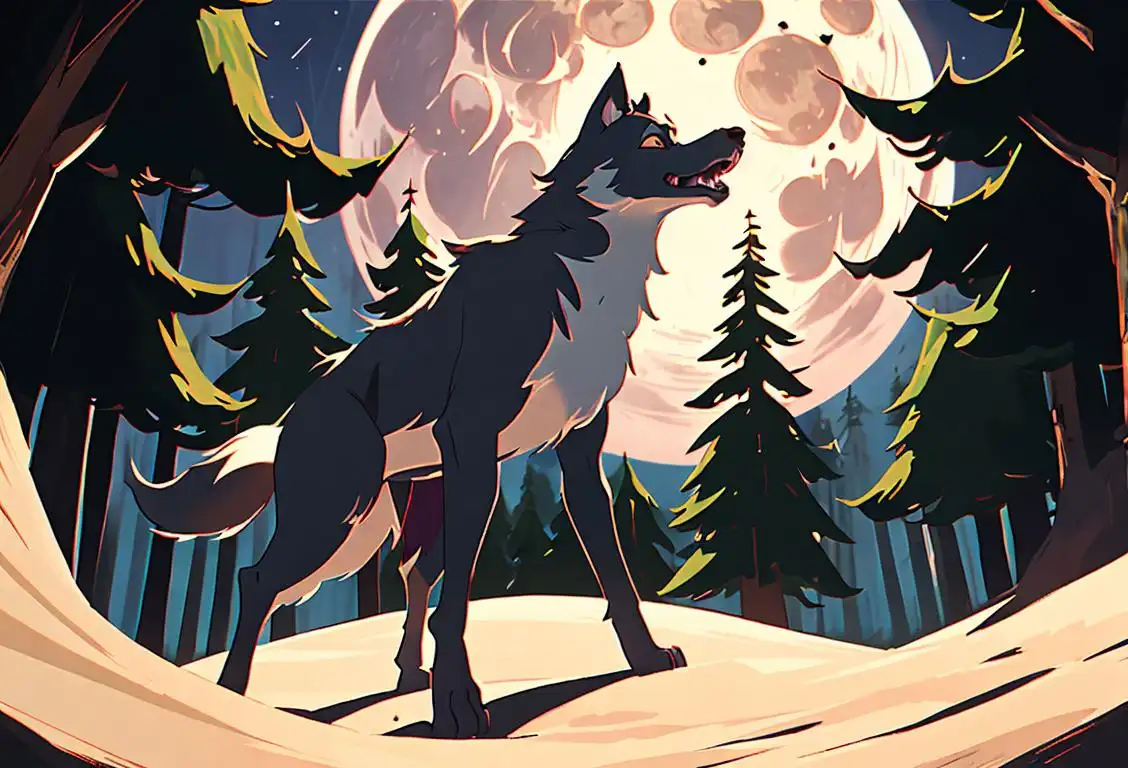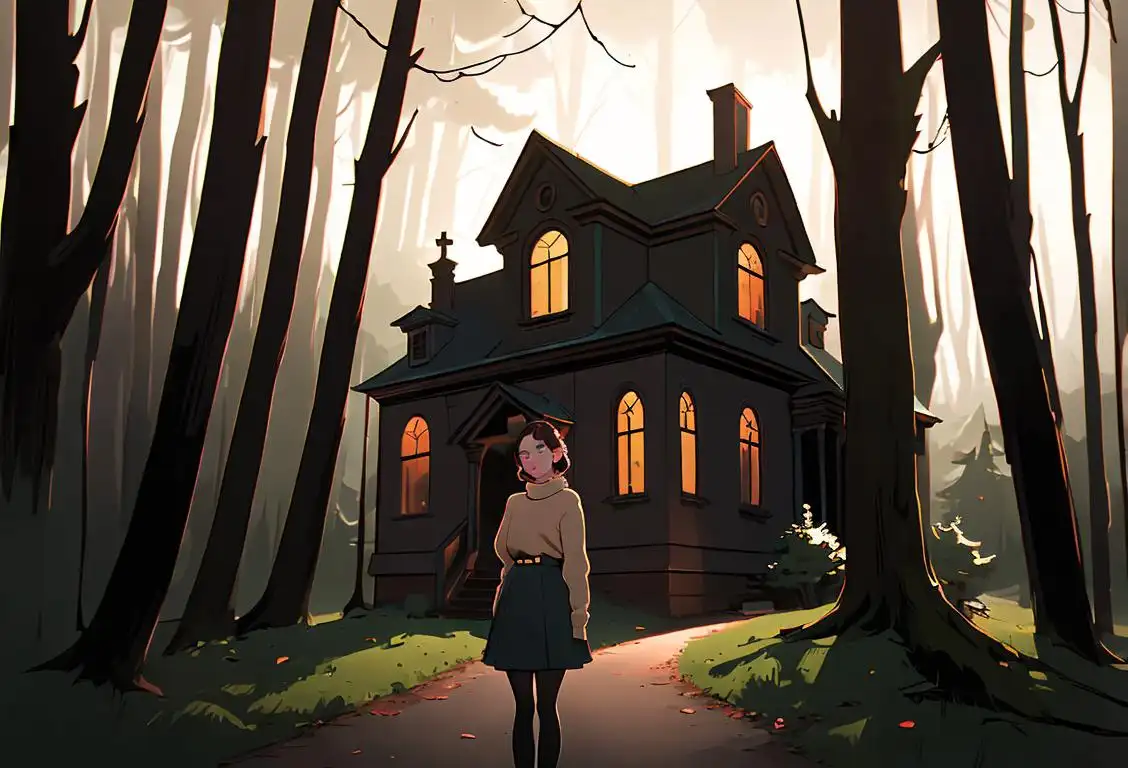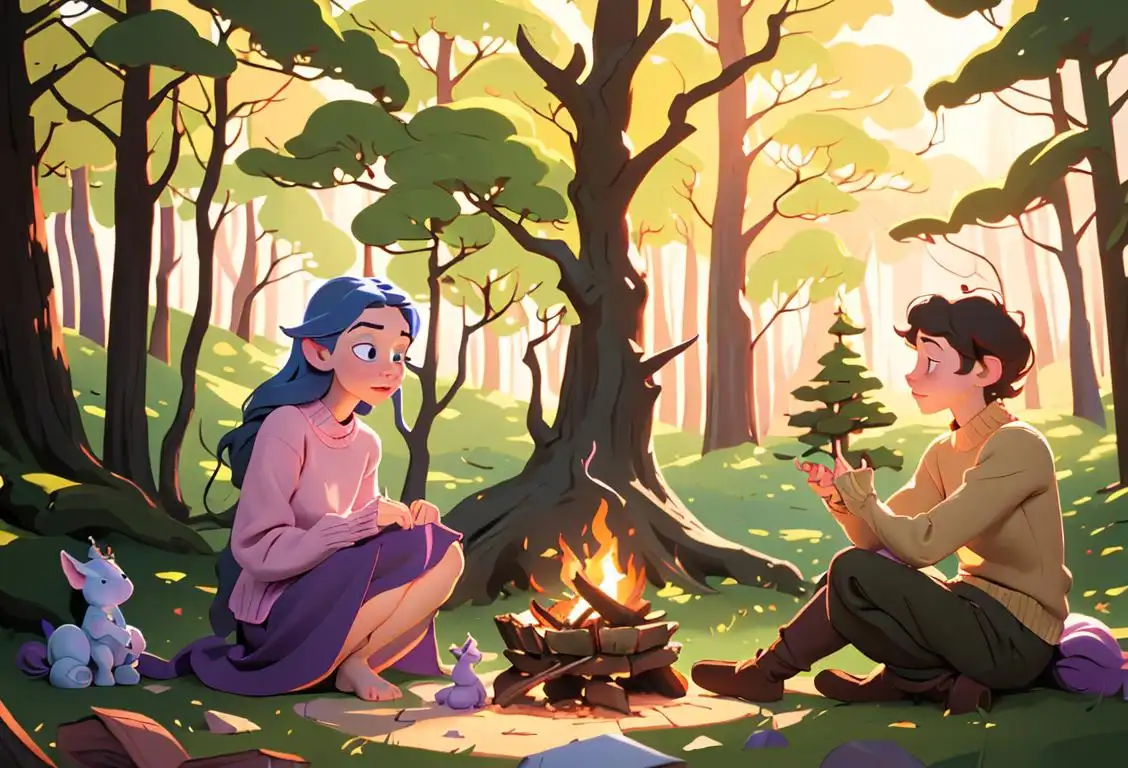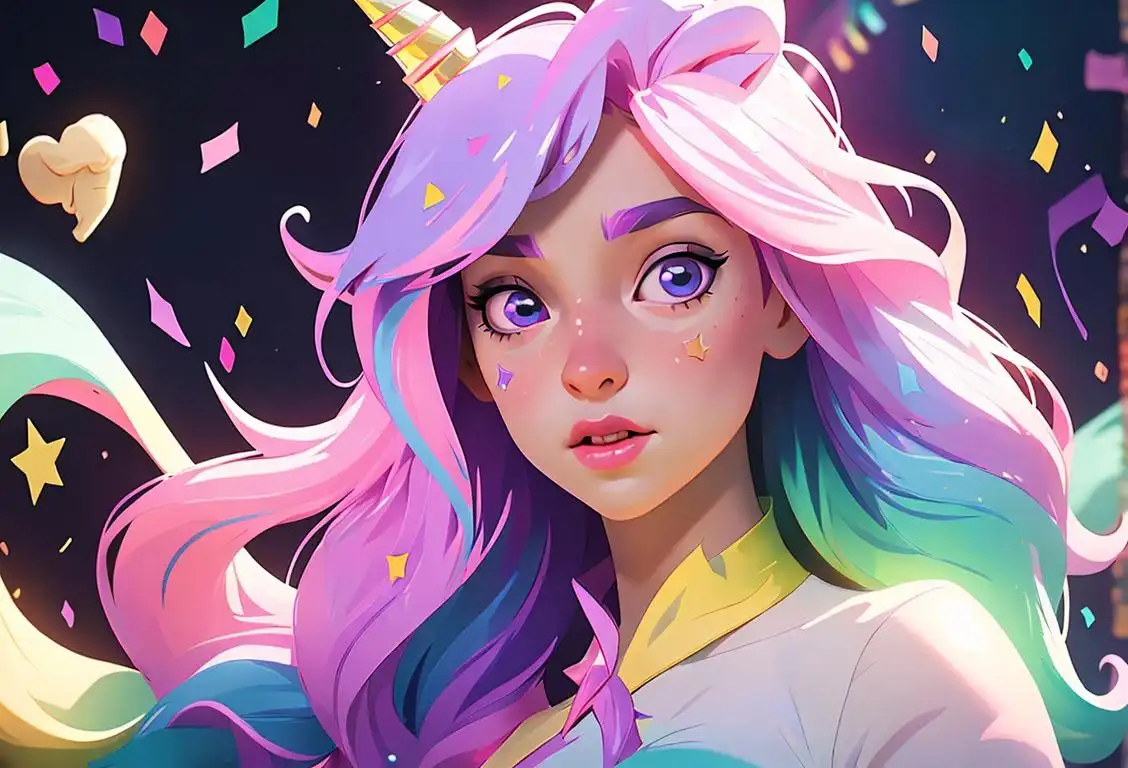National Werewolf Day

Quench your thirst for the extraordinary and let's embark on an exploration of National Werewolf Day! Unleash your inner beast (don't worry, we're not encouraging actual transformations) on this unique day recognized by werewolf enthusiasts and fantasy fans alike.
When is Werewolf Day?
It's national werewolf day on the 6th February.
History of National Werewolf Day
So, you might be wondering when this fur-tastic day became a thing. National Werewolf Day has been traced back to its first mention on the 6th of February, 2016. Sporadic whispers and howls about the day started floating on the internet like a lone wolf in the moonlight, making it an instant treat for werewolf enthusiasts and fans of the supernatural genre.
Fur-Tastic Celebrations
While we have spotted 10 mentions of National Werewolf Day online, its celebration isn't restricted to the virtual world. Fans worldwide immerse themselves in lycanthropic lore, hold themed parties (vampire costumes strictly off-limits!), re-read their favourite 'were-lit' or binge-watch werewolf movies to honor this hair-raising day. To some, it is a day to delve deeper into mythical narratives, to others, it is simply an excuse to groove to 'Thriller '
Celebrity Werewolves
How can we forget our celebrity werewolves who've made the world fall in love with this mythical creature? Stars from Teen Wolf, Underworld, and our most loved Hogwarts werewolf, Remus Lupin, have earned werewolves a place under the spotlight and a day to celebrate their enthralling existence!
Wrapping Up the Tail
National Werewolf Day continues to thrive, thanks to the unwavering dedication of fans across the world. So the next time February 6th rolls around, why not embrace the spirit of the day and howl along, because everyone deserves a little bit of mystic moonlight now and then.
History behind the term 'Werewolf'
1182
Origin of the term 'werewolf'
The term 'werewolf' is believed to have originated in 1182. It comes from the Old English word 'wer', meaning 'man', and 'wulf', meaning 'wolf'. Combining these two words gave birth to 'werewolf', which refers to a mythical creature that is part-human and part-wolf.
1598
Werewolf trials in France
In 1598, France witnessed a series of werewolf trials that gained significant attention. These trials involved individuals accused of being werewolves and practicing witchcraft. The accused were believed to have the ability to transform into wolves and cause harm. At the time, the fear of werewolves was prevalent across Europe, leading to the prosecution and execution of many individuals.
1865
Werewolves in literature
The concept of werewolves found a prominent place in literature during the 19th century. In 1865, Joseph Thomas Sheridan Le Fanu wrote the influential gothic novella 'Carmilla,' which is considered one of the earliest works to involve shape-shifting and werewolves. Later, in 1869, the renowned novel 'The Were-Wolf' by Clemence Housman further expanded the literary portrayal of werewolves.
1941
Universal Pictures' 'The Wolf Man'
In 1941, Universal Pictures released the iconic film 'The Wolf Man', starring Lon Chaney Jr. It became a major milestone in popularizing werewolves in mainstream culture. The movie introduced the concept of a person transforming into a werewolf due to a curse, a trope that would become a staple in future werewolf stories, movies, and folklore.
1981
John Landis' 'An American Werewolf in London'
The horror-comedy film 'An American Werewolf in London' directed by John Landis was released in 1981. It received critical acclaim and won an Academy Award for its groundbreaking special effects. The film showcased a more modern and realistic portrayal of werewolves, setting a new standard for werewolf movies in the decades to come.
2010s
Werewolf popularity in media
In recent years, werewolves have experienced a resurgence in popularity through various forms of media. Fictional books, TV shows like 'Teen Wolf,' and movies like the 'Twilight' series have captured the imagination of audiences worldwide. Today, the werewolf continues to be a fascinating and enduring creature in pop culture, representing themes of transformation, primal instincts, and the eternal battle between human and animal nature.
Did you know?
Did you know that werewolves are also known as lycanthropes, which is derived from the Greek words 'lykos' meaning 'wolf' and 'anthropos' meaning 'human'? This day is all about appreciating these fascinating mythological beings!Tagged
awareness fun werewolves fantasy supernaturalFirst identified
6th February 2016Most mentioned on
6th February 2016Total mentions
10Other days
Werewolf Day
Reading Day
Paranormal Day
Tell A Fairytale Day
Unicorn Day
Memorial Day
Heroes Day
Liberation Day
Handloom Day
Bestfriends Day








